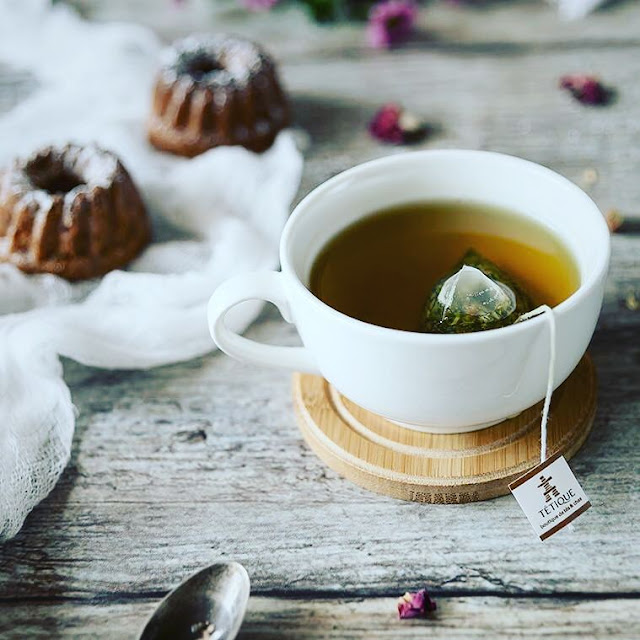What Is Turmeric Tea? Benefits of Turmeric Tea
Did you know that turmeric is a flowering plant in the ginger family? It's true! Curcuma longa is the scientific name for this amazing plant. For thousands of years, people have used the herbal spice known as turmeric to make tea from the plant’s rhizome stems, or its underground root system. This same type of turmeric is also used in cooking, for health purposes, in spiritual practices, and more. Ayurveda is an ancient Indian health system that also uses turmeric. Thus, you might see turmeric tea called by one of its traditional Indian names, such as haldi or manjal.
Turmeric tea is a beverage made by combining water and either fresh or dried turmeric. It typically has a yellow, orange, or golden hue and an earthy taste that some say is both sweet and bitter. Its flavor has been likened to ginger root, which makes sense given that turmeric and ginger root come from the same plant family. Making turmeric tea is simple, and it's often sold in bags at grocery stores, cafes, and specialty tea shops.
For hundreds of years, people have used turmeric to treat all sorts of conditions in traditional medicine practices. But scientists only recently discovered why turmeric works, when they found a group of polyphenol antioxidants in the plant called curcuminoids. Of all the curcuminoids, researchers believe that curcumin is the most potent. Studies on human beings have shown that curcumin has anti-inflammatory, antidiabetic, and antioxidant properties. However, most studies investigating the effects of turmeric and curcumin have used high dose supplements, not turmeric tea.
Curcumin is often the most talked about nutrient when it comes to turmeric's health benefits. However, it's not the only one present in either turmeric or turmeric tea. For example, just one teaspoon (3 grams) of dried turmeric contains several other nutrients that can also offer health benefits.
Iron: 9% of the DV
Copper: 4% of the DV
Bioactive
compounds
Bioactive compounds are a group of nutrients that work together to help promote human health. This can include vitamins and minerals that you might be familiar with, as well as compounds that you may not have heard of before, such as polyphenols and volatile oils. Curcuminoids are the largest group of bioactive compounds found in turmeric tea, but there are hundreds of others present in smaller amounts, including many volatile essential oils and multiple types of antioxidants.
Low in calories
Turmeric tea is naturally
caffeine-free, which makes it a great choice to drink in the late afternoon or
evening. Chamomile tea is another good option if you want to avoid caffeine.
However, it's important to note that many turmeric teas on the market are
blended with green or black tea, both of which contain caffeine. If you want to
enjoy a turmeric tea that is truly caffeine-free, be sure to find one that is
labelled as such.
Promote heart health
Turmeric and curcumin are two
spices that may help keep your heart functioning properly. Studies suggest that
turmeric and curcumin supplements can help lower blood pressure and levels of
fat in the blood. This can reduce the risk of heart disease. For example, one
study found that taking turmeric for 12 weeks or longer significantly reduced
systolic blood pressure.
Turmeric tea is linked with
mood-boosting effects in some studies, though it is unknown if this is due to
the turmeric itself or the relaxing ritual of having a hot cups of tea. If you are looking
to improve your mood, turmeric tea can be enjoyed any time of day.



Comments
Post a Comment